Lire cet article en français
21.06.2021
An opinion by Anna Cavazzini and Yannick Jadot, Greens/EFA MEPs
The EU’s proposed trade deal with Brazil, Argentina, Paraguay and Uruguay offers no assurances that imported products will comply with our environmental or food safety standards. The EU-Mercosur agreement will be a disaster for sustainable agriculture, for the European Green Deal and for people on both sides of the Atlantic.
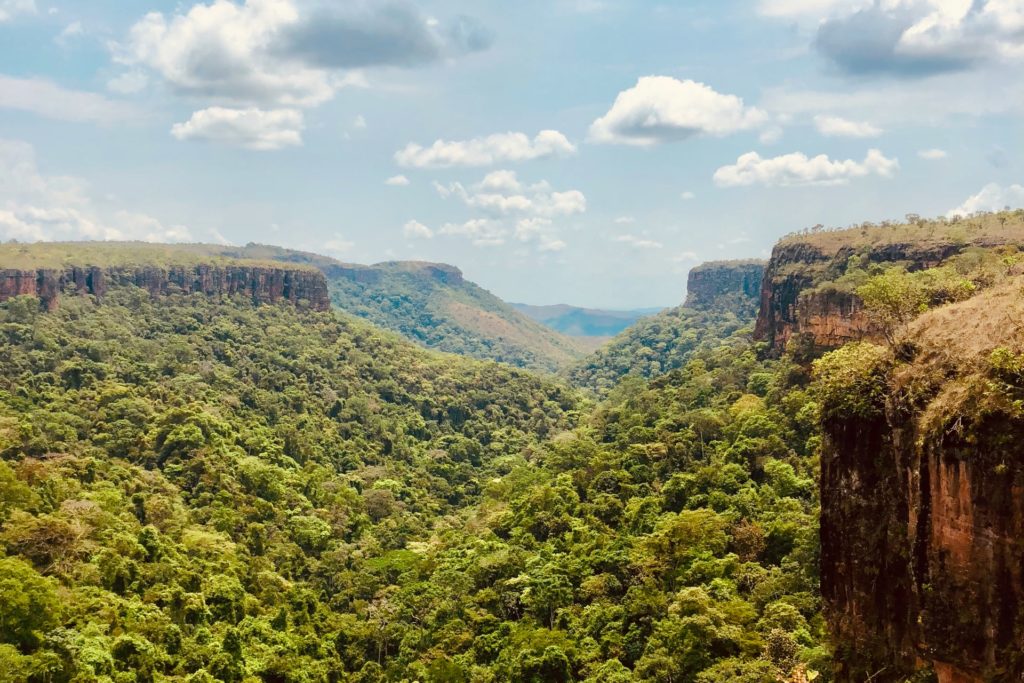
Negotiations on the EU’s Common Agricultural Policy (CAP) ground to a halt in May, as the main European decision-makers came to an impasse. The European Council lacked ambition on meaningful environmental action. This failure was unacceptable to the European Parliament, and rightly so: if the Council had its way, aid for organic farming would be significantly reduced and very few environmental terms and conditions would be placed on how the money is distributed. The CAP would actively undermine the environmental aims of the European Green Deal.
The big blind spot in the reform of the EU’s agricultural model, however, is international free trade. The EU-Mercosur trade deal, for instance, would have devastating consequences on European agriculture.
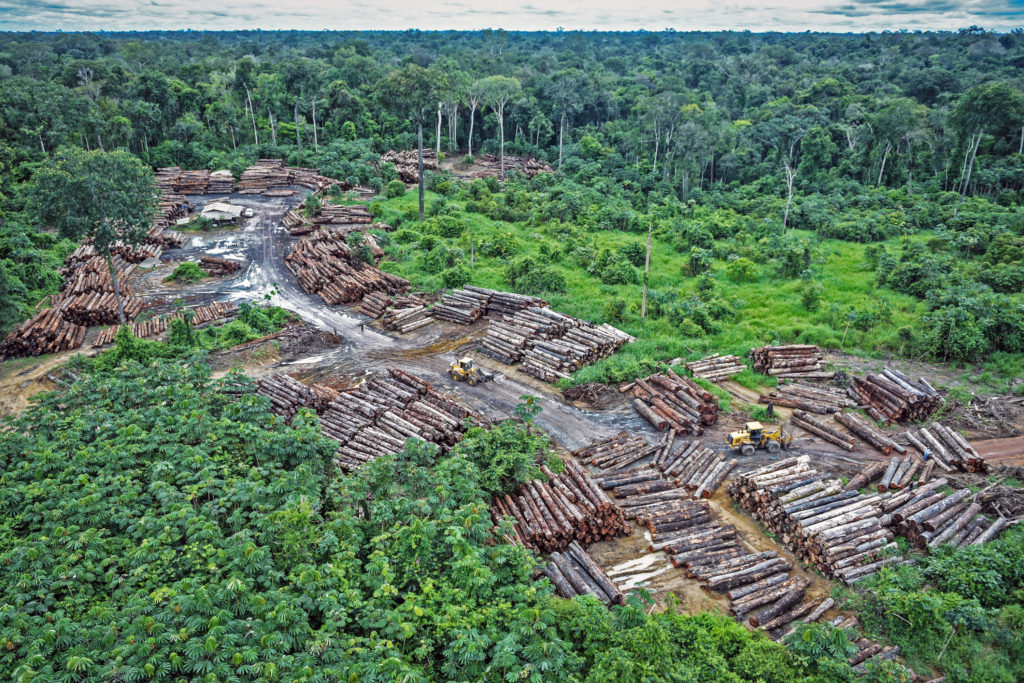
What is the EU-Mercosur trade agreement and how will it harm the environment?
EU-Mercosur is a trade agreement between the European Union and Argentina, Brazil, Paraguay and Uruguay – collectively known as the Mercosur countries. It was finalised in 2019, but has not yet been ratified by the European Parliament or the 27 EU Member States. The deal will mean beef imports to the EU will go up by 99,000 tonnes. Poultry imports will rise by 180,000 tonnes and sugar by 180,000 tonnes.
These massive imports threaten to increase intensive agriculture in the Mercosur region by growing monocultures and multiplying factory farms. Land will be deforested to expand agricultural and livestock production. The expanded beef quota alone is expected to lead to 25% more deforestation each year. It is now beyond doubt that deforestation is an important factor in the increase of zoonotic diseases, like COVID-19.
The deal will further the destruction of the Amazon rainforest and will have dramatic consequences on the environment. The people of Mercosur will also be affected, especially indigenous people who may well be displaced from their land.
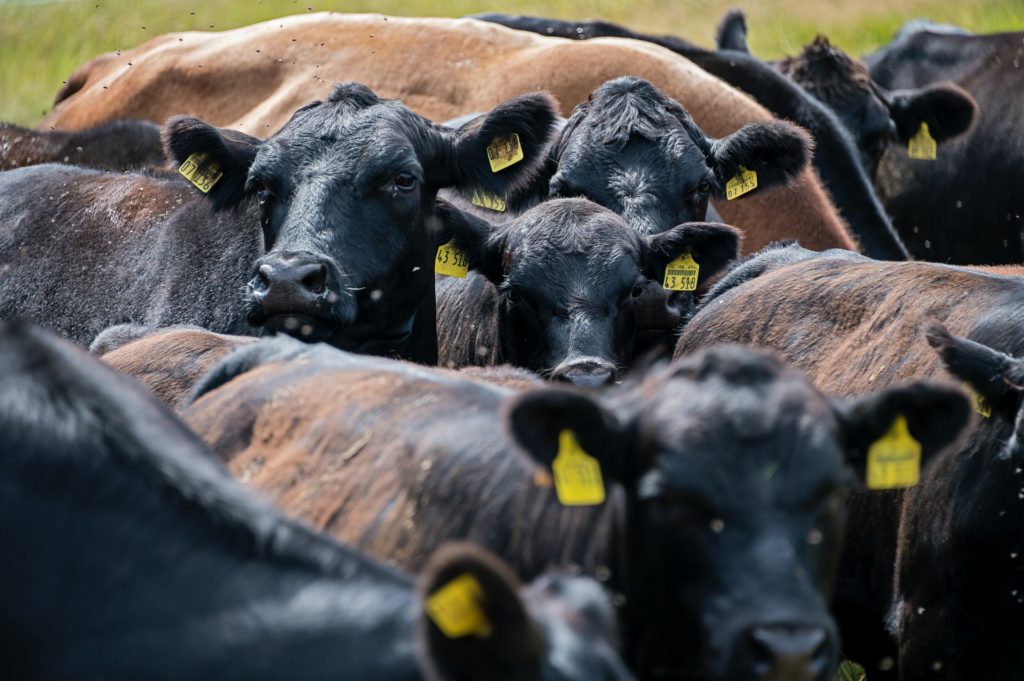
How could the EU-Mercosur trade deal influence European agriculture?
The development of this harmful ultra-intensive agriculture in the Mercosur countries will undoubtedly have dramatic repercussions on European agriculture as well. The agreement has no enforceable rules requiring products coming into the EU to comply with European environmental and social standards. There are doubts about whether the EU’s own high health and food safety standards will be enforced for products going out of Europe either.
This could be problematic in many ways. For example, Brazil is the world’s largest consumer of pesticides. Many of the pesticides used in its agriculture are banned in the EU. By signing the EU-Mercosur agreement, the EU implicitly signs up for beef raised in deplorable conditions on deforested land, and for sugar doped with highly toxic pesticides. In return, the EU increases exports of machines and chemicals – including the same pesticides which are banned in the EU but used in some Mercosur countries.
The agreement poses real risks to consumer health. It promotes an economic and agricultural model that fails to meet the EU’s own environmental goals for biodiversity protection and climate neutrality.
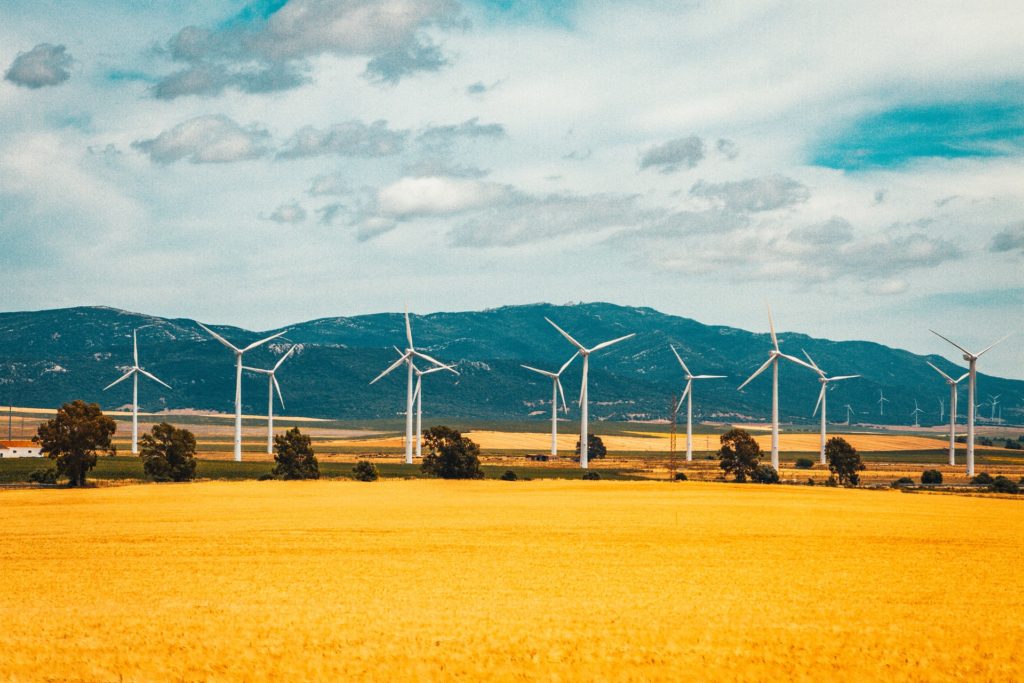
How would the EU-Mercosur trade agreement affect the European market?
By accepting the Mercosur deal, the EU would create an unfair playing field for European producers. The agreement will flood the market with high value beef cuts – close to 30% of the EU’s total production – that will have been produced under conditions far less favourable to the environment than those produced in the EU. These cuts – the most valuable – will be sold at low prices, resulting in unfair competition with European farmers.
This presents yet another obstacle for farmers wishing to move towards a more sustainable agriculture model. Their profitability would be threatened simply because their products would not be able to compete with those imported from South America.
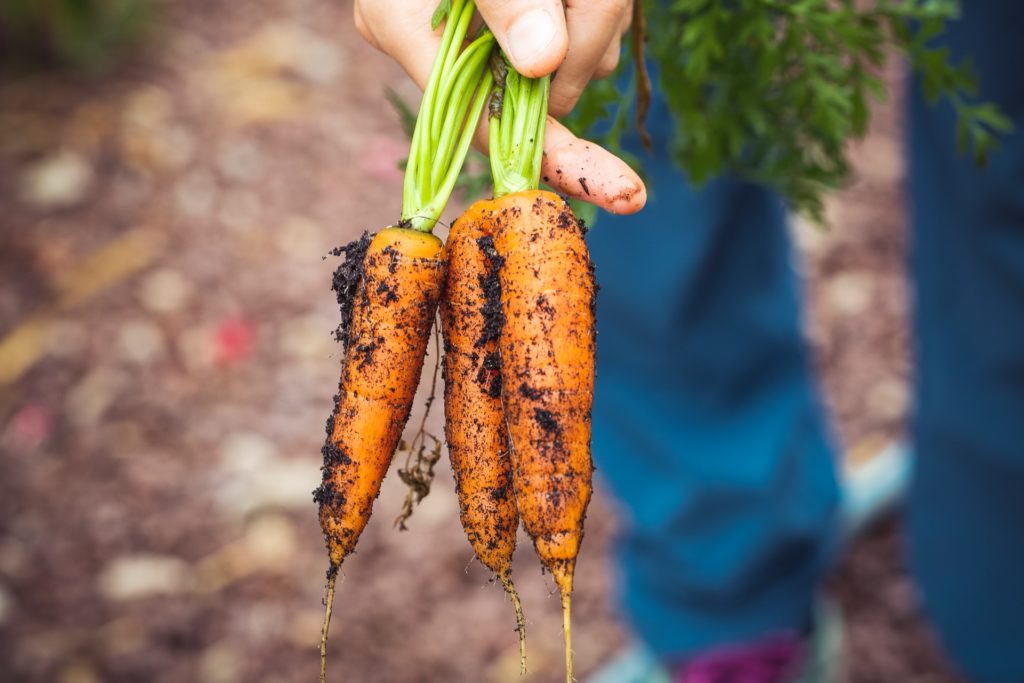
The EU-Mercosur Trade Agreement is not just nor sustainable. This is why we have to #StopEUMercosur
To safeguard agriculture, farmers and consumer health, the EU-Mercosur agreement would need to include mirror clauses, requiring all European standards to apply to products imported from the Mercosur countries. This is particularly necessary for curbing pesticide use and defending animal welfare. It goes without saying that the EU must stop marketing pesticides and fertilisers that are not even allowed in its own single market.
It is too late for any additional agreement to meet these demands or make the EU-Mercosur deal anything but a disadvantage for agriculture and farmers. The only way forward is to reopen the agreement. We need a new mandate so that we can apply binding and effective mirror clauses.
Reforming the CAP remains a priority for developing sustainable agriculture in the EU, but the EU must open its eyes to the devastating impacts of free trade agreements that are incompatible with fighting climate change.
There is still time to oppose the EU-Mercosur trade agreement. Help us call on the EU Member States to be honest about the disastrous consequences of this deal for producers and consumers on both sides of the Atlantic. Follow our campaign and sign the newsletter.
👉#stopEUmercosur 👈
*****
Authors

MEP Anna CAVAZZINI 
MEP Yannick JADOT
More information:
Ischi Graus – International Affairs campaigner
ischi.graus@ep.europa.eu